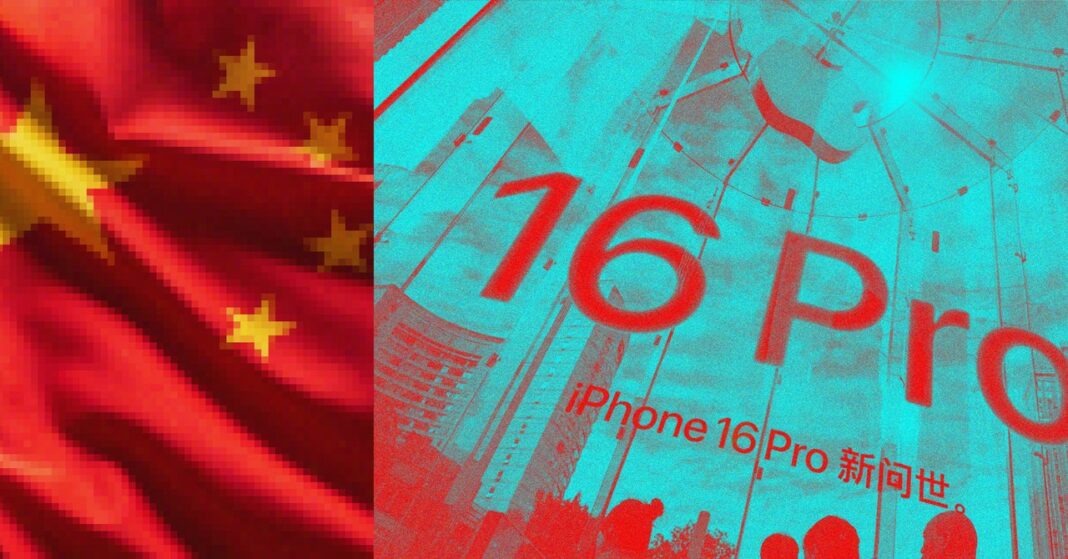In Short:
China is tightening regulations on AI, requiring companies like Apple to register their algorithms. This includes stringent censorship rules that may limit what products can say or do. While many Chinese tech firms comply, concerns rise about Apple’s deeper involvement with China’s state demands, especially with their generative AI, potentially making them an active player in supporting the Chinese government’s agenda.
Apple faces increasing scrutiny regarding its compliance with China‘s stringent regulations surrounding artificial intelligence technology. The expectations surrounding the company’s acquiescence to these demands have intensified significantly. Algorithms that dictate online visibility or AI functionalities must now be registered with Chinese authorities, and new legislation largely seeks to govern the public-facing models that Western tech firms wish to engage with.
“You need to file with regulators. You might need to submit a lot of details about things like coding… many tech companies may not be willing to do that,” warns Tan, an industry expert.
China’s ability to impose such measures stems from a favorable power dynamic—a situation that appears to be evolving increasingly in its favor.
“China is no longer just playing a following role in many technology fields,” adds Tan. “It is already advancing and taking the leading role.”
Regulatory Landscape
From a Western perspective, the regulations governing generative AI in China oscillate between being commendable and alarming.
“The regulation includes a number of vague censorship requirements, such as that deep synthesis content ‘adhere to the correct political direction,’ not ‘disturb economic and social order,’ and not be used to generate fake news,” states a paper from the Carnegie Endowment on the condition of affairs in 2023.
The term “deep synthesis,” as employed by the Cyberspace Administration of China (CAC), is used in lieu of generative AI. The implications of China’s restrictions suggest that technologies such as Siri would be unable to discuss sensitive topics, including the Dalai Lama, the status of Taiwan, or the plight of the Uyghurs.
Currently, the permissiveness of Western large language models (LLMs) makes it difficult to envision a chatbot that could consistently conform to such stringent requirements. Yet, numerous Chinese tech companies seem to comply satisfactorily with these regulations. As reported in August 2024 by the South China Morning Post, 188 LLMs had obtained approval for use, up from just 14 in January 2024.
The argument can be made that Apple‘s adoption of a tailored version of one of these approved LLMs for its Apple Intelligence platform is indicative of business as usual. The corporation already censors its App Store to comply with Chinese regulations and collaborates with local entities.
However, positioning Apple Intelligence generative AI at the core of its devices could place the company under heightened scrutiny for being excessively aligned with the policies of the Chinese government, a concern for an American corporation.
In August, Zhuang Rongwen, the director of the Cyberspace Administration of China, asserted that generative AI technologies, including chatbots, were “forcefully driving economic and societal growth.” A report from The New York Times in 2021 suggested that the Chinese government already possessed robust methods for surveilling its citizens without needing data from Chinese iPhone users. Nonetheless, with the advent of generative AI, Apple may inadvertently find itself playing a more integral role in furthering the objectives of the Chinese Communist Party (CCP).




